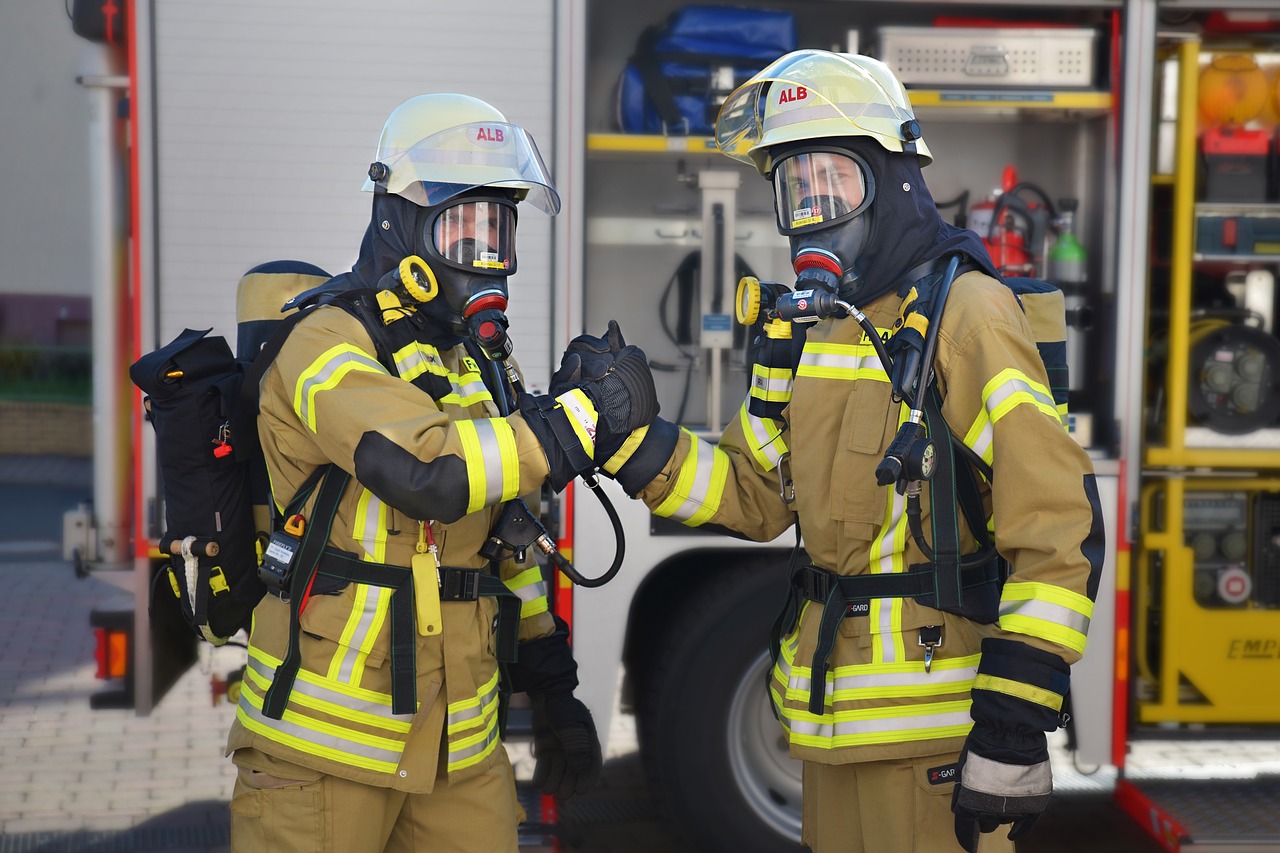Just because volunteer fire departments operate on a voluntary basis does not mean that accountability and professionalism should be compromised. In order to ensure that volunteer firefighters uphold high standards, certain strategies need to be implemented. By establishing clear expectations, providing ongoing training, and promoting open communication, volunteer fire departments can prioritize accountability and professionalism among their members. This blog post will explore practical tips and guidelines to help volunteer fire departments maintain a culture of accountability and professionalism.
Establishing a Culture of Accountability
Setting Clear Expectations
Expectations play a vital role in fostering accountability within volunteer fire departments. Clearly outlining the roles, responsibilities, and behavior expected from each member is imperative. By setting these expectations from the beginning, members know what is required of them, which helps in maintaining professionalism and accountability.
Implementing a Code of Conduct
One effective way to instill accountability and professionalism in volunteer fire departments is by implementing a comprehensive code of conduct. This code should outline acceptable behavior, treatment of others, and consequences for violations. Members should be required to adhere to this code at all times, both on and off-duty, to maintain the integrity of the department.
To ensure the successful implementation of a code of conduct, consistent enforcement is key. Training sessions can be held to educate members about the expectations and reinforce the importance of adhering to the code. Regular evaluations and disciplinary actions for those who violate the code help to establish a culture of accountability and professionalism within the volunteer fire department.
Enhancing Professionalism in the Ranks
Training and Education Programs
Now, you must prioritize ongoing training and education programs to enhance the professionalism within your volunteer fire department. This includes regular drills, simulations, and courses covering various aspects of firefighting and emergency response. By investing in the continuous development of your volunteers, you ensure they are equipped with the latest knowledge and skills to handle any situation effectively.
The Role of Leadership and Mentorship
Leadership plays a crucial role in fostering accountability and professionalism within your volunteer fire department. By setting a positive example, providing clear guidance, and offering support to your team members, you can instill a culture of professionalism and excellence. Mentorship programs can also be established to pair experienced volunteers with newcomers, fostering growth and knowledge transfer within the ranks.
Enhancing the professionalism in your volunteer fire department requires a concerted effort from all levels of leadership. By prioritizing training and education programs and establishing strong mentorship practices, you can create a culture of accountability and professionalism that benefits the entire team and the community they serve.
Monitoring and Maintaining Standards
Regular Performance Reviews
Despite the often volunteer nature of fire departments, regular performance reviews are imperative for maintaining accountability and professionalism. You must establish a framework for evaluating each member’s contributions, skills, and areas for improvement. These reviews should be conducted regularly to provide constructive feedback and set goals for continuous improvement.
Rewards and Recognition Systems
You should implement rewards and recognition systems to motivate and acknowledge the efforts of volunteers. This can include certificates of appreciation, public recognition during meetings or events, or even small incentives like gift cards or additional training opportunities. By fostering a culture of appreciation, you can boost morale and reinforce the value of accountability and professionalism within the department.
Maintaining standards in a volunteer fire department requires a proactive approach to monitoring and incentivizing desired behaviors. Regular performance reviews and rewards systems can help uphold accountability and professionalism among members, ultimately leading to a more effective and cohesive team.
Practical Tips for Improvement
- Ensure clear lines of communication between leadership and volunteers.
- Establish expectations and responsibilities for all members.
- Implement training programs to enhance skills and knowledge.
- Regularly review and assess performance to identify areas for improvement.
Effective Communication Strategies
Effective communication is crucial in fostering accountability and professionalism in volunteer fire departments. Leaders should prioritize open and transparent communication channels to ensure that information is disseminated effectively. Regular meetings, newsletters, and digital platforms can help keep volunteers informed and engaged.
Encouraging Volunteer Engagement and Ownership
Engagement and ownership are important for creating a culture of accountability in volunteer fire departments. Leaders should empower volunteers to take ownership of their roles by involving them in decision-making processes, delegating tasks, and providing opportunities for professional development. Recognizing and rewarding their contributions can also boost morale and motivation.
Communication plays a key role in encouraging volunteer engagement and ownership. By fostering a culture of open communication, volunteers will feel valued and empowered to contribute effectively to the department’s success. Leaders should listen to their concerns, provide constructive feedback, and show appreciation for their hard work and dedication.
Final Words
Conclusively, fostering accountability and professionalism in volunteer fire departments is crucial for the success and effectiveness of their operations. By establishing clear expectations, providing regular training, implementing accountability measures, and promoting a culture of professionalism, volunteer fire departments can ensure that their members are prepared, motivated, and dedicated to serving their communities with excellence. It is important that leaders in these departments prioritize accountability and professionalism to maintain a high level of service and trust from the public.


